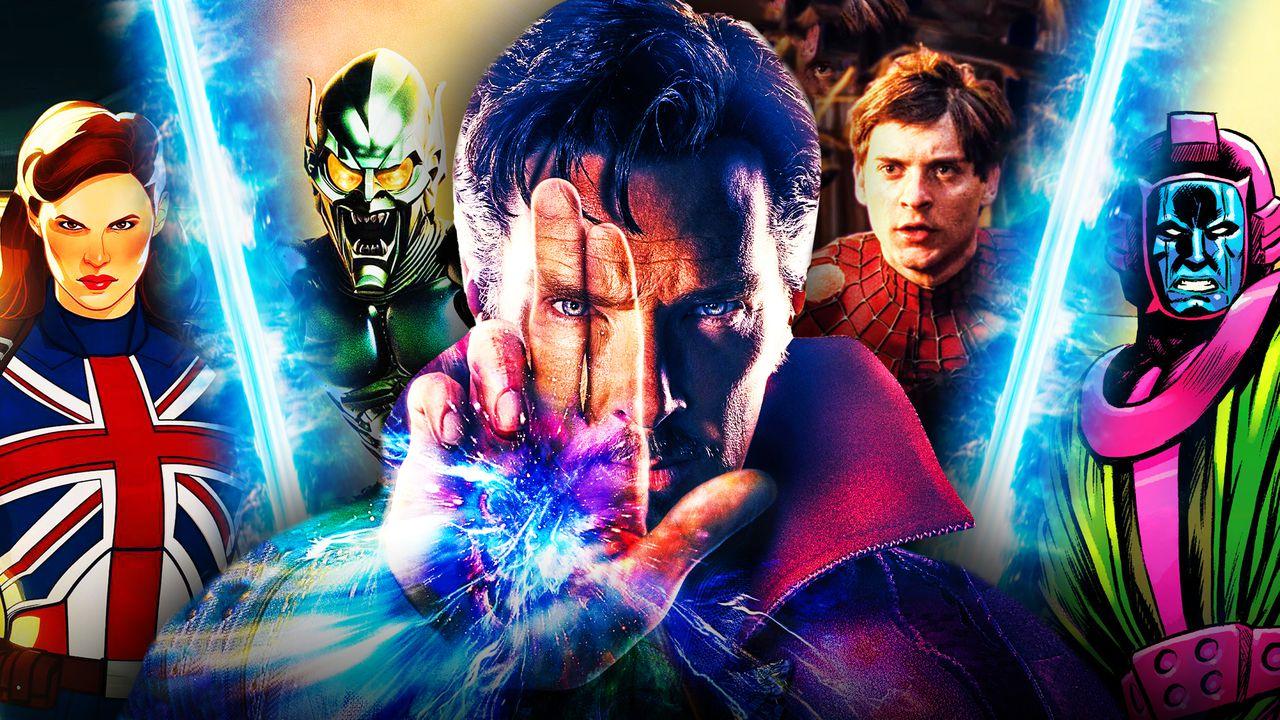
When Loki released its first trailer, it became pretty clear that fans were in for a wild ride.
The show was set to deep dive into time travel even more intimately than Avengers: Endgame, and little did viewers know at the time, but it was set to introduce the concept of Variants to the world.
By the end of the show, not only was Kang the Conqueror introduced but so was the multiverse—the lynchpin of the MCU's future. It's something that plays a massive role in both Doctor Strange in the Multiverse of Madness and (supposedly) Spider-Man: No Way Home.
A concept like a multiverse is confusing. In fact, The Direct has written several pieces trying to piece together everything in which Loki introduced; needless to say, it's all extremely complicated, and there's plenty of answers that fans simply don't have.
With such a confusing and grand concept, how does the MCU writing team even approach doing it all in the first place? Well, Loki head writer Michael Waldron answered that.
AVOIDING MULTIVERSE CONFUSION IN THE MCU

As a guest on The Playlist Podcast Network, Loki and Doctor Strange in the Multiverse of Madness writer Michael Waldron was on hand to discuss the multiverse.
More specifically, Waldron was asked how he handled approaching the multiverse and if he had to make all the rules or if the writing team was simply figuring it out as they went:
"I mean... a little bit of both. I think that you have to tread carefully. Anytime the story is expanding outward in such a big way, you want to make sure that you are not alienating audiences. That you’re not robbing the overall story of stakes. That it becomes so big, unwieldy, that people don’t quite know what they are supposed to care about..."
But how does one get around this? According to Waldron, the most important question to ask when writing within the confines of such insanity is "what's the emotional core of this story?"
"... and so what I was always focused on Loki and on Doctor Strange [in the Multiverse of Madness], was just regardless of the crazy stuff that’s happening, what’s the emotional core of this story? How do you keep the humanity of it? That’s what’s great about the Marvel comics, and that’s where the MCU excels as well, and so, however, crazily, we branch out in whether its a multiverse, whether its into space, whatever it is, I think you just gotta keep finding that core of relatability. That’s what’ll make people care and make it digestible to my grandfather who doesn’t really—might not know what the multiverse is."
ONLY THE BEGINNING OF MULTIVERSE CONFUSION
If fans thought Loki was a lot, then they're going to be in store for quite the head-scratching future when it comes to what Marvel Studios has in the future.
With "multiverse" in the title of Doctor Strange's next adventure, especially when it sits next to the word "madness", one can only assume that the insanity of said concept will be explored more than it ever will have been up to that point.
The complexity of the multiverse and alternate timelines is something that Marvel Studios needs to be keenly aware of—which, with someone like Marvel Studios President Kevin Feige in charge, is something the studio is diligently keeping track of. After all, the team is having meetings about how the multiverse works.
Hopefully, the upcoming show What If...?, which utilizes the multiverse to its fullest extent, will be taken well by fans of all kinds; it will likely open up new understandings of everything that is at play in future MCU storylines.
After all, if audiences are still lost, they're likely to be in for quite an interesting experience when Doctor Strange in the Multiverse of Madness hits theaters on March 25, 2022.












